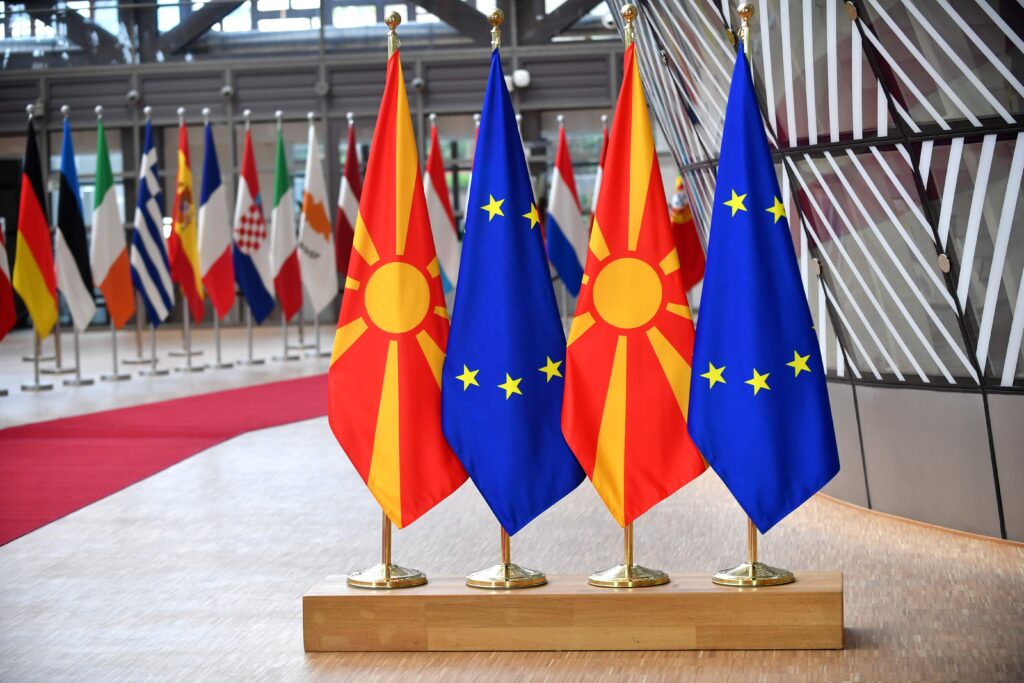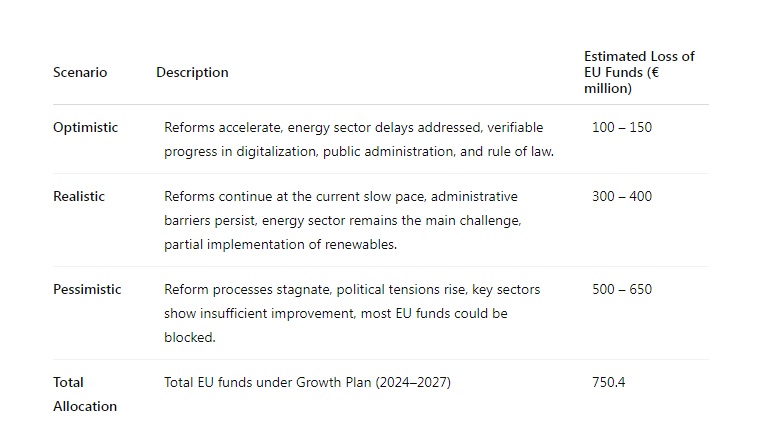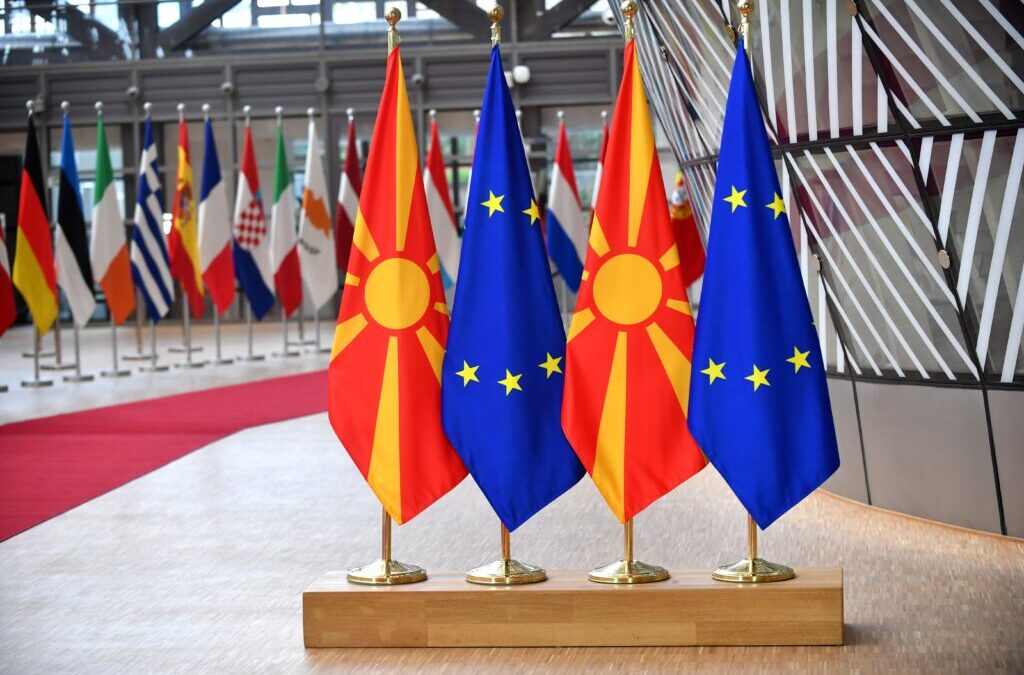Assessment of the Risk of losing EU Funds from the Growth Plan and the impact of delays
North Macedonia is at a critical juncture in its European integration process and in its efforts to fully benefit from the Reform and Growth facility, a key instrument of the EU Growth Plan. This facility represents a historic opportunity for economic modernization, acceleration of the green transition and strengthening of institutions, with a total allocation of €750.4 million for the period 2024–2027. To date, the country has received €68.4 million as pre-financing and a second installment, while the majority of the funds, approximately €681.9 million, remain available but conditional.
Despite some positive steps and cross-sectoral policy alignment, recent European Commission reports indicate that North Macedonia faces serious delays in several key reform areas. The energy sector is the most vulnerable, with high dependence on fossil fuels, outdated production capacities, weak integration into the EU energy market and slow progress in renewable energy investments due to administrative procedures and lack of institutional coordination. The green transition remains insufficiently defined at the strategic level, while social impacts for workers in coal-dependent areas remain unaddressed. These challenges are critical because energy reforms are directly linked to the potential receipt of a substantial portion of EU funds.
A new concerning element is the EU-set deadline. If the MInistry of European Affairs fails to implement the required reforms by the end of June 2026, the country risks losing hundreds of millions of euros from the Growth Plan. The exact amount at risk depends on the portion of funds linked to performance-based installments, but current assessments indicate that potential losses are significant and could directly affect fiscal stability and investment opportunities.
In this context, the ISD has developed a strategic analysis of three possible scenarios for the country’s trajectory until June 2026, based on current reform performance and EU monitoring standards.

Scenario 1 – Optimistic Scenario
In this scenario, the country accelerates reforms, addresses slow progress in the energy sector, and delivers verifiable results in digitalization, public administration, and rule of law. Under these conditions, the loss of funds would be relatively limited. The EU would continue disbursing the main installments, and North Macedonia might lose only €100–150 million, mostly due to technical delays or partial non-compliance with the required standards.
Scenario 2 – Realistic Scenario
This scenario is considered the most likely by ISD. Reforms continue at the current slow pace, frequently hindered by administrative procedures and institutional miscoordination. The energy sector remains the main challenge, with delays in harmonizing the regulatory framework, requirements for integration with the EU energy market, and implementation of renewable energy projects. In this scenario, the EU may block a significant portion of performance-based installments, and the country risks losing €300–400 million, directly jeopardizing planned public and private investments.
Scenario 3 – Pessimistic Scenario
In this scenario, reform processes stagnate, political tensions rise, and key sectors—including energy, rule of law, public administration and economic competitiveness, show insufficient improvement. The EU may suspend most of the planned funds, and the financial risk could reach €500–650 million. This scenario would have severe consequences for macroeconomic stability, the pace of the green transition and the perception of international investors.

Institute for Sustainable Development emphasizes that safeguarding EU funds requires not only accelerating reforms but also improving coordination among state institutions, increasing transparency, strengthening energy planning and removing administrative barriers to green investments. The June 2026 deadline is not merely a technical date; it is the critical point that will determine whether North Macedonia enters the cycle of modernization and European convergence or loses a rare financial and developmental opportunity.
Institute for Sustainable Development recommends that the government immediately intensify energy reforms, strengthen integration with the EU market, remove barriers hindering private investments, protect vulnerable groups during the transition and establish clear monitoring mechanisms to ensure compliance with EU conditions. Only through such a strategic and coordinated approach can North Macedonia maximize the benefits of the Growth Plan and avoid significant financial losses should reforms fail to materialize within the set time frame.
Read more about Ministry for European Integration report on Growth Plan: https://mep.gov.mk/mk-MK/eu-integracii/plan-za-rast-za-zapaden-balkan-i-reformska-agenda/reformska-agenda-na-severna-makedonija-2024-2027-godina?utm_source=chatgpt.com

